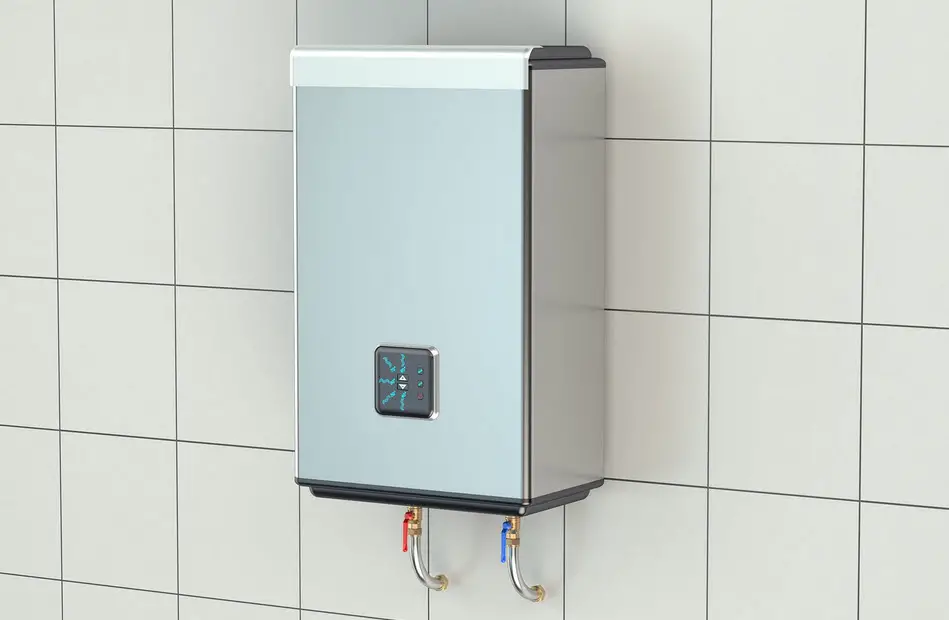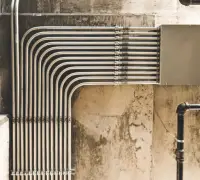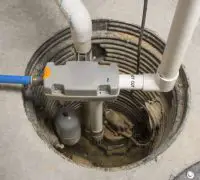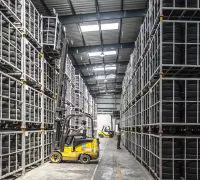If you're looking to fix or replace your Heating or A/C system, we can connect you with a reliable and cost-effective professional in your area.
Page Table of Contents
Advantages & Disadvantages of Tankless Water Heaters
Energy is the concern of this new world. With depleting resources and diminishing energy, all we need is sustainable development. The term sustainable development has taken over in all aspects. Household chores often occupy the topmost priority position.
It is not easy to manage the family with a compromise with needs. Neither is it advisable with the alarming rates of global energy consumption. Thus, tankless water heaters are part of an initiative.
This initiative aims at reducing global energy consumption and waste production. The introduction of these technologies aims at the prevention of excessive consumption of energy.
Compared to electric models, the gas tankless water heaters are far better because they have low running cost and low installation cost. However, you might need to invest in a gas line and proper venting system.
By the term tankless, there is a deep meaning. Several researchers have deducted from their research that power consumption has been reduced by almost 22%. Can the proper use of gas or electrical coils really cut power consumption? Even if yes, are they the commercially viable solution?
Let’s explore the pros and cons of this system and close. After all, it is necessary to count the good and bad sides.
Pros of Tankless Water Heaters
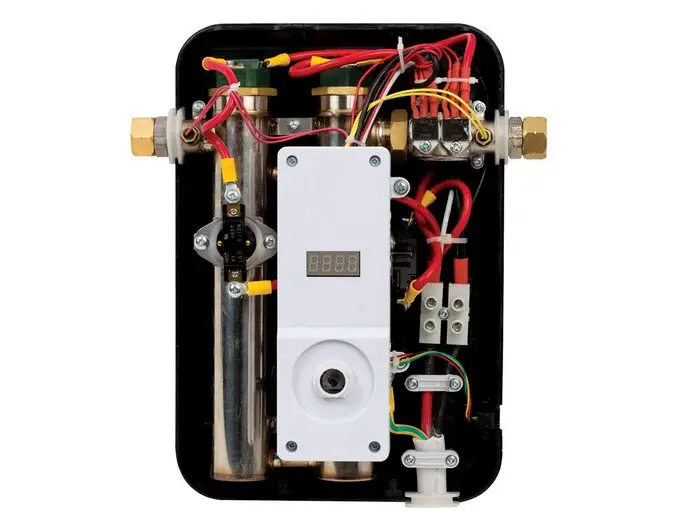 The initiative of power usage reduction and waste management is the sole cause of this invention coming up. However, accepting a new initiative might need to know the good and bad sides. Thus, let’s start with the advantages.
The initiative of power usage reduction and waste management is the sole cause of this invention coming up. However, accepting a new initiative might need to know the good and bad sides. Thus, let’s start with the advantages.
- They provide instant access to hot water. They flush out the cold water from the faucet and, with the help of an attached electric coil or gas, they heat the water. This instant service makes them extremely desirable. Up to some extent, this ensures the availability of water. Also, this reduces the risk of employing bulky storage tanks. Would you consider it an option?
- Durability is also an important factor while buying something for your long-lasting needs. Thus, high-quality tanks that service for as long as a decade might be a good choice. However, investing in a tankless water heater can serve you for longer. These water heaters are economical and cut the need to replace tanks every decade later. Although the one-time investment might be high, they offer an economic advantage in the long run.
- Higher annual savings are yet in counting. As already discussed, through the saving of 22% more power, there would be cost-cutting in the case of the tank. This would help in saving money. Yearly or annually, this would add up to hundreds of dollars saved.
- They consume less space. Since the bulkiness of the tanks is reduced, they are a space-saving option if you don’t have enough space. So, isn’t it great to have something that saves your space without compromising?
- Now here comes something interesting. What if you could get special financing and tax breaks? Yes, it is possible with tankless water heaters. Due to their tank-less feature, they are eligible for federal tax credits. The government has introduced a ten percent federal tax credit on tankless heaters. This would cut the overall cost required for use and installation. Let me tell you that the energy starts certified storage tanks are also eligible for this feature.
- Standby losses also account for consideration to get a tankless system. In simple words, traditional tanks constantly need the energy to heat water even when no one is using it. This leads to heating up fast but increasing the costs. Since more energy is required, it adds to heat loss and cost addition. In contrast, this tank-less arrangement often makes these losses zero and saves money.
- What do you think would happen when three or four people are using the hot water tank at the same time? It will pressurize the tank, which will incur heat losses. Directly, this would be an attack on the costs. Now, if the situation is the same in the other case, the results would differ. For the sense of clarity, there would be no need to reheat the water. Even if three or four people are using it at the same time, hot water would be available to all.
- Recently, gas-based and electrical models have been introduced. Most of the traditional models that used to drive natural gas are now replaceable—now no need to reroute the pipeline to cater to the gas need. Just get yourself an electric model, and it will save a lot.
Cons of Tankless Water Heaters
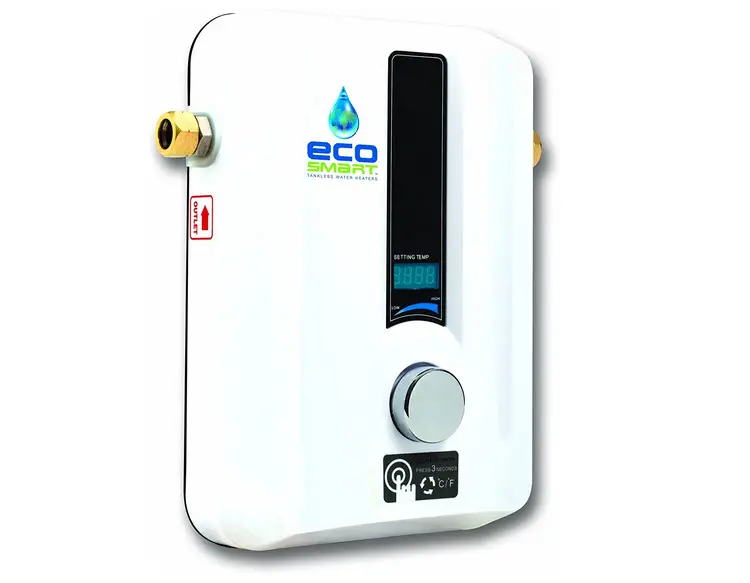 Now let us discuss the disadvantages of tankless water heaters. It is necessary to know both pros and cons before confirming your choice. Here we go with the cons.
Now let us discuss the disadvantages of tankless water heaters. It is necessary to know both pros and cons before confirming your choice. Here we go with the cons.
- It begins here with the temperature inconsistency. Most of the customers are not fine with this feature. Although these tankless heaters offer hot water to many people simultaneously, they suffer from temperature inconsistency. That is where the losses part begins.
- Higher first cost and investment also make your pocket lose. Although they work for years and offer long-term advantages, the initial investment is just too much. What if you cannot spend this much? So, this requires a lot of pre-planning in the first stages.
- There is no unlimited supply of water. It offers a huge supply of water, but that is enough for one person at once. That is the reason you would not like to use it. Although there are extra costs involved in traditional tanks, they do offer a reliable supply.
- You need extra equipment, which is generally a water softener. Without the use of a water softener, hard water would make it hard to work. Neither domestic nor any other work is possible with hard water. Be ready to incur the cost of other and mandatory equipment.
- Since most of the tankless heating arrangement works on traditional methods via natural gas, rerouting is the issue. Further checking and maintaining the route of the pipeline would make it monotonous. Already natural gas is on the verge of depletion, and putting any extra burden is not suitable.
- The financial loss made up can put a burden on your pocket. This loss would take years to cover up. So, if you can bear this loss, then only opt for this route. These losses would further be impossible to recover soon. So, the financial part is important, and you must consider it.
- Adapting to the tankless system would need you to change your habits. You would need to reconsider the habits of washing, bathing, and cutting down the activities. This is probably not possible, and thus, the tankless system is not efficient.
- There are many other alternatives to tankless heating systems. The most popular alternative is the solar heating system, and the latter method is more cost-effective and reliable. Additional maintenance can incur a financial burden. Together, all these factors create a scenario where the cons seem to outperform the pros. However, these pros and cons describe the working.
Final Words
Anything that comes new in the market has its own pros and cons. So when it comes to the tankless heating system, many pros and cons are involved. While there is no financial loss, in the long run, the supply is not adequate.
Or, if the supply is adequate, then more finances add to your pocket. Whatever side you choose, there is something that might be undesirable. So, choosing wisely is recommended.
Weighing all the pros and cons, it comes to the rescue that compromise is involved in all the phases. While you can’t compromise on the quality part, finances would need to be balanced. Also, you would need to check the supply part.
Even a single mistake can lead to huge losses. The most important issue comes up when you have to think of the environment. Neither can you incur a loss on the personal part nor on that of the environment. Energy-saving is a concern, and all the measures are compulsory to protect it.
We can definitely connect you with a trusted provider in your area to repair, replace or maintain your heating and A/C systems. Why not let us find a professional for you?
